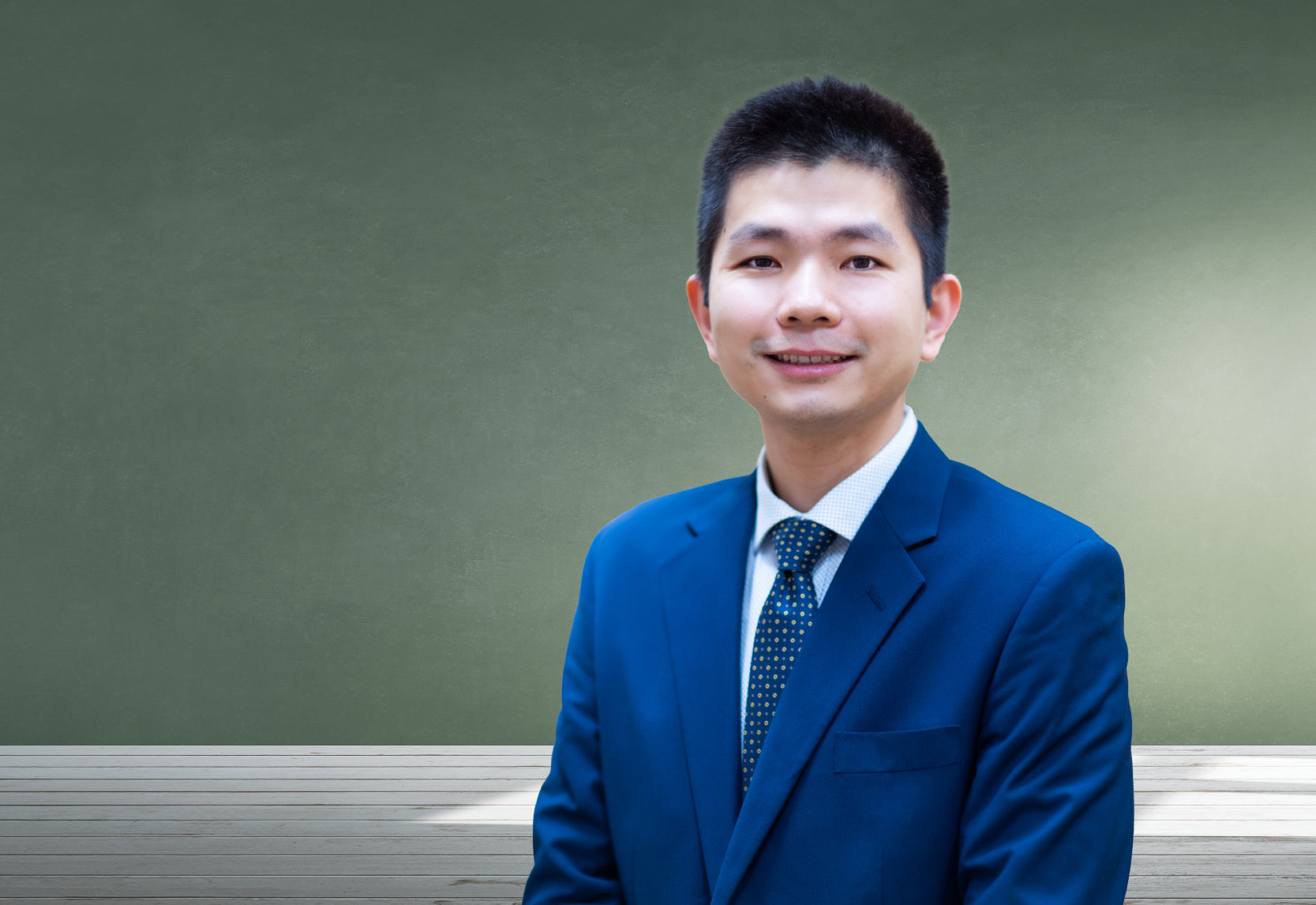- GRANT & FUND
- Feb 2024
- Bulletin
Research on Novel Biodegradable Implants Secured NSFC/RGC Funding
Contributing to revolutionary solutions for complex bone fractures or deformities

Professor Will Qiao leads the project “The investigation of biodegradable zinc-lithium-magnesium alloy as a novel implant to promote osteogenesis through the stimulation of the bone-brain axis”.
A research project of HKU Dentistry entitled “The investigation of biodegradable zinc-lithium-magnesium alloy as a novel implant to promote osteogenesis through the stimulation of the bone-brain axis”, has been awarded a grant of CNY 1 million from National Natural Science Foundation for China (NSFC) and HKD 1.2 million from the Research Grants Council (RGC) of Hong Kong. This pioneering project is led by Professor Will Wei Qiao, Assistant Dean (Research) and Clinical Assistant Professor in Applied Oral Sciences & Community Dental Care.
Every year, millions of patients require surgical intervention for complex bone fractures or deformities, including internal or external fixation implants. While various biodegradable implants have been developed to replace traditional non-degradable implants, their therapeutic outcomes have been limited in load-bearing areas due to insufficient mechanical properties or limited osteogenic potential.
Our next objective is to refine the composition of the alloy to further enhance its mechanical and biological properties as a biomedical implant. We hope that we will be able to deliver a new generation of biodegradable implants that have the potential to revolutionize the clinical management of bone fractures.
In collaboration with Peking University, the groundbreaking project aims to develop a novel ternary Zn-Li-Mg alloy system as an internal fixation for bone healing in the load-bearing areas. This will contribute to a revolutionary biodegradable implant system that provides more effective and patient-friendly solution for complex bone fractures or deformities.
“The project team has achieved exciting and promising results in testing the performance of the novel alloy in animal models.” shared by Professor Qiao, “our next objective is to refine the composition of the alloy to further enhance its mechanical and biological properties as a biomedical implant. We hope that we will be able to deliver a new generation of biodegradable implants that have the potential to revolutionize the clinical management of bone fractures.”
“I am immensely grateful for the funding support and recognition from both Hong Kong and mainland China, which is instrumental in my scientific endeavour,” added Professor Qiao.